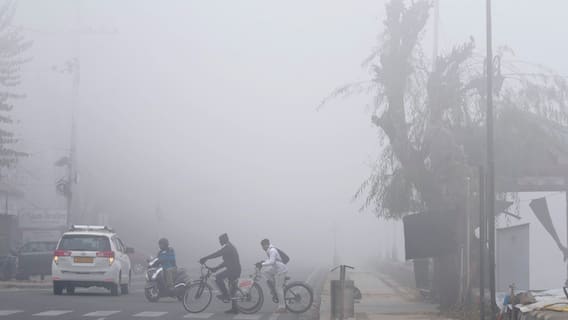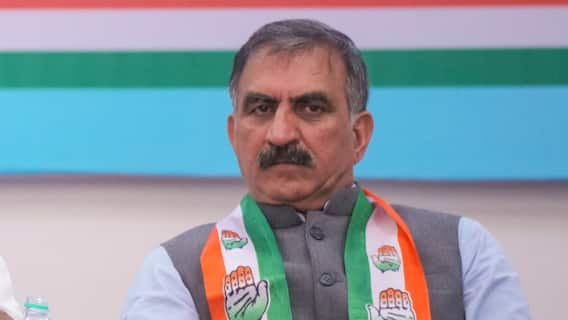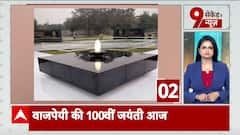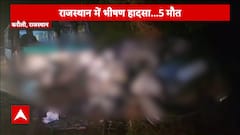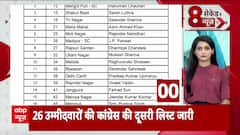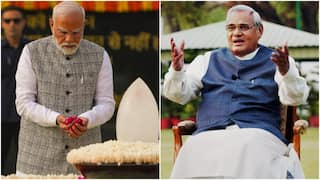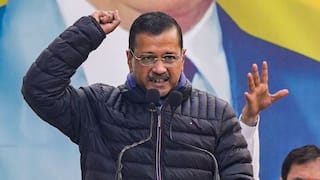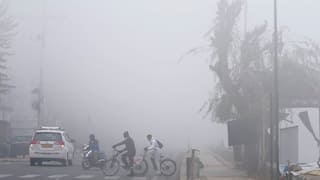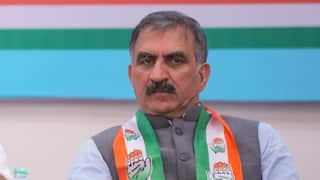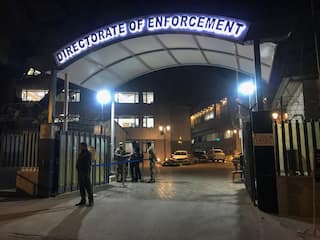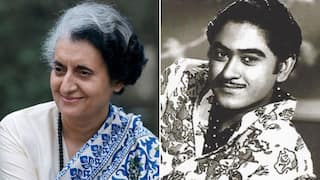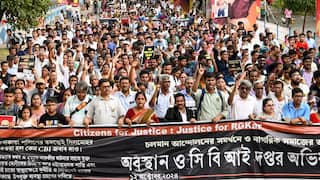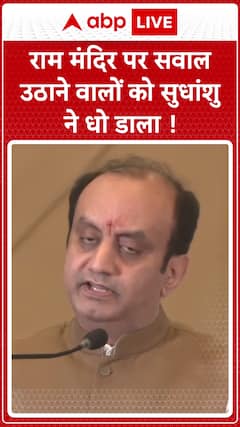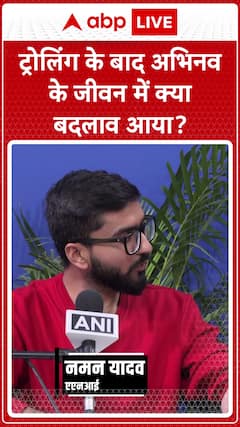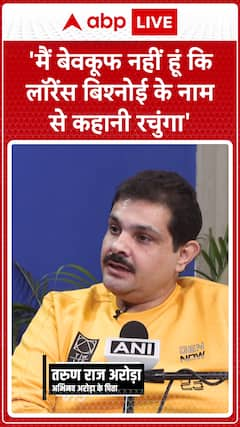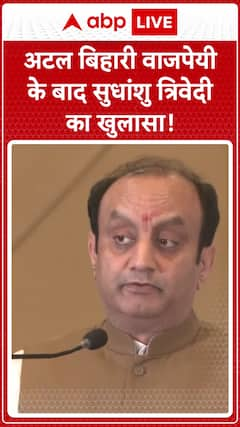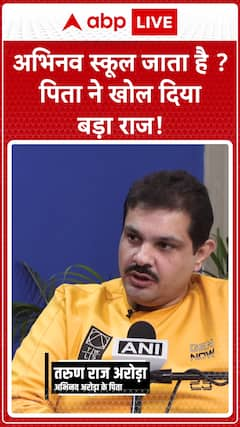Short-course radiotherapy treatment safe for prostate cancer patients

Washington D.C. [USA], Apr 23 (ANI): Shorter courses of radiotherapy are safe and effective for patients with prostate cancer, according to a study.
The treatment, called ultrahypofractionated radiotherapy, involves hospital treatment every other day for two and half weeks, compared to every week day for eight weeks for standard radiotherapy.
Researchers say this method of giving radiotherapy saves time for patients. It also frees up radiotherapy equipment, saving money and benefiting other patients on the waiting list for treatment.
The study was presented by Professor Anders Widmark of Umea University, Sweden.
He said, "We already know that radiotherapy can destroy cancer cells in the prostate and that it has advantages over surgery and hormone therapy because it is less likely to cause impotence or incontinence. However, radiotherapy requires expensive specialist equipment and patients can end up on a waiting list for treatment."
"Ultrahypofractionated radiotherapy offers a number of practical benefits to patients as well as time and cost-savings for hospitals, so we wanted to test if it is as safe and effective as standard radiotherapy."
The researchers conducted a trial with 1,200 patients who were treated at ten hospitals in Sweden and two in Denmark between July 2005 and November 2015. All had been diagnosed with medium or high-risk cancer, where clinical factors suggest there was a risk that the cancer could spread if it was not treated. None had received treatment to block the male hormone testosterone, which can stimulate prostate tumours to grow.
Half of patients received standard radiotherapy of 39 treatments each with a standard radiation dose of two Gray (Gy), spread over eight weeks (78 Gy in total). The other half received ultrahypofractionated radiotherapy with seven treatments of high dose radiation of 6.1 Gy, every other week day for two and half weeks (42.7 Gy in total).
Patients were monitored for an average of five years following treatment to see whether their cancer returned, indicated by a rising level of prostate specific antigen (PSA) and whether they suffered any side-effects.
Researchers found that at five years after treatment 83.8 percent of patients treated with standard radiotherapy had no signs of their cancer returning and in patients treated with ultrahypofractionated radiotherapy the figure was 83.7 percent.
Although patients who had the ultrahypofractionated treatment suffered slightly worse side-effects at the end of treatment, long-term side-effects were the same as those experienced by patients who had the standard treatment.
Professor Widmark added, "Previous research has already shown that it's possible to increase individual doses and give them over four to five weeks. Now we have shown that we can condense the therapy further, raising the dose at each hospital visit so that the whole schedule lasts only two and half weeks."
"This is the first large patient trial of this kind and it shows that ultrahypofractionated radiotherapy is just as effective as standard radiotherapy at stopping prostate cancer from returning. Importantly, it also shows that patients treated in this way do not suffer any more side-effects than those treated with conventional radiotherapy."
President of ESTRO, Professor Yolande Lievens, head of the department of radiation oncology at Ghent University Hospital, Belgium, said: "Advances in radiotherapy mean that we are better able to locate and target tumours while minimising damage to nearby organs. In prostate cancer, this can mean men retaining urinary and sexual function. This also means that we can consider giving higher individual doses over a shorter time, as in this study.
"Results of this trial suggests that ultrahypofractionated radiotherapy is equal to conventional radiotherapy. For patients, that could mean they have to spend much less time travelling to and from hospital for treatment. For health services this could help them save resources and get more patients treated sooner."
The study was presented at the European Society for Radiotherapy and Oncology Congress (ESTRO 37). (ANI)
This story has not been edited. It has been published as provided by ANI
Trending News
Top Headlines







